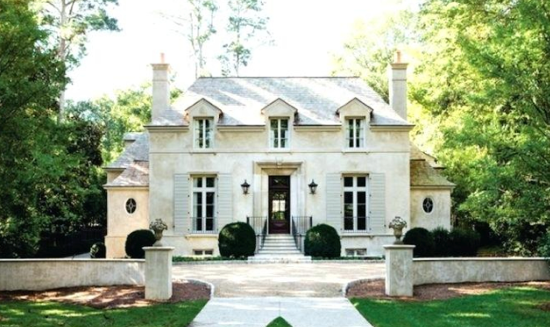Many prominent Canadian analysts, pundits, and investors agree: Canada’s housing market — especially in large centres like Toronto and Vancouver — is in a massive bubble.
These folks have some compelling evidence on their side. Record-low interest rates made large mortgages seem affordable. Now that rates are beginning to normalize, thousands of homeowners who are renewing their five-year terms will be in for a major shock.
Various levels of governments are doing all they can to prick the bubble, too. The federal government has rewritten mortgage default insurance regulations several times, making it tougher to qualify for a mortgage each time. Provincial governments have instituted foreign buyers’ taxes, and municipalities have introduced large land-transfer taxes.
Despite these (and other) changes designed to slow the housing market, values stay persistently high. Some might argue these measures have performed exactly as designed, slowing things down without causing a major downturn. But the vocal group of bears isn’t happy, saying that prices will inevitably fall in a big way. Some are calling for a 20-30% drop nationwide, with a decline of 50% in Toronto and Vancouver.
I used to be part of this group, but I’ve realized the error of my ways. Folks looking to buy cheap, prime real estate in Canada are going to be waiting a long time. Here are three reasons why.
Immigration
One of the greatest things about Canada is we open our borders to thousands of immigrants each year. From 2015 to 2016, our nation welcomed more than 320,000 new Canadians.
Some of these folks choose to live in smaller cities or towns, citing advantages such as a lower cost of living and a more relaxed lifestyle. But the majority are choosing the largest centres. Cities like Toronto, Montreal, and Vancouver are already filled with recent immigrants. These communities provide support to recent arrivals.
Canada’s merit-based immigration system ensures most of our new citizens are smart, educated, and ambitious. These folks already have the financial means to buy property, even if it is overpriced. So they do, which causes prices to remain elevated.
Status
Housing bulls will often compare Toronto to cities like New York, London, or Hong Kong — places where real estate has always been expensive. Bears scoff at this notion, saying there’s no way a humble Canadian city compares to those world-class places.
I disagree. Both Toronto and Vancouver are wonderful places to live and raise a family. Montreal is a truly unique city. You won’t see anything quite like it outside Europe. Even secondary cities like Calgary or Ottawa are still great places to live.
Canada is one of the world’s best nations. People are clamouring to live here. The price of our real estate reflects that.
Our subprime market
A funny thing will happen when a housing market heats up. Fear of missing out kicks in and people get desperate to join the good times.
Some of these folks just won’t accept losing out on a house. So, they lie on their mortgage application. Bears argue this is a systemic problem, and companies like Home Capital Group (TSX:HCG) and Equitable Group (TSX:EQB) are stuffed to the brim with toxic mortgages.
I have no doubt some people lied to get a mortgage. But at this point, the problem is very much contained. Somebody who stretched the truth to qualify for a mortgage in 2012 is in little danger of insolvency. All they need to do is sell and use their substantial equity to help stomach any losses.
Another stock that has been overly punished on housing worries is Richelieu Hardware (TSX:RCH). The distributor of building materials and furniture has been a long-term growth machine, boosting its top line smartly each year, mostly through acquisition. It trades at less than 20 times forward earnings too, which is a good value for a stock with good revenue growth.
The bottom line
Betting against the Canadian housing market has been a poor move to make over the last decade, and I think it’ll continue to be a losing bet. Certain markets could slow down. We could even see prices drop. But over the next decade or two, I think we continue to see the resiliency of Canadian houses. Real estate will continue to be, at worse, a safe store of value.
 Don't Miss AI's Third Wave
Don't Miss AI's Third Wave








